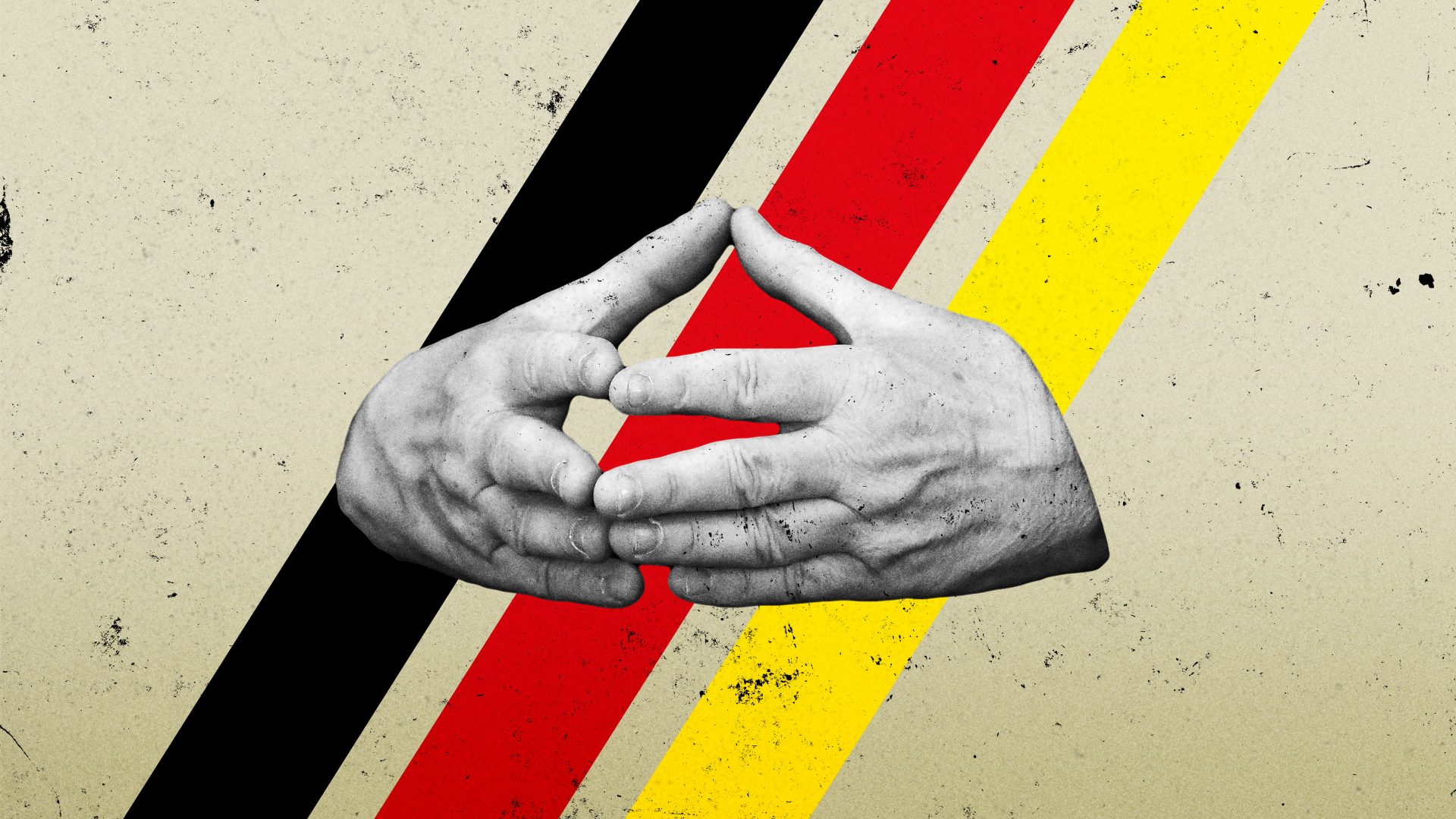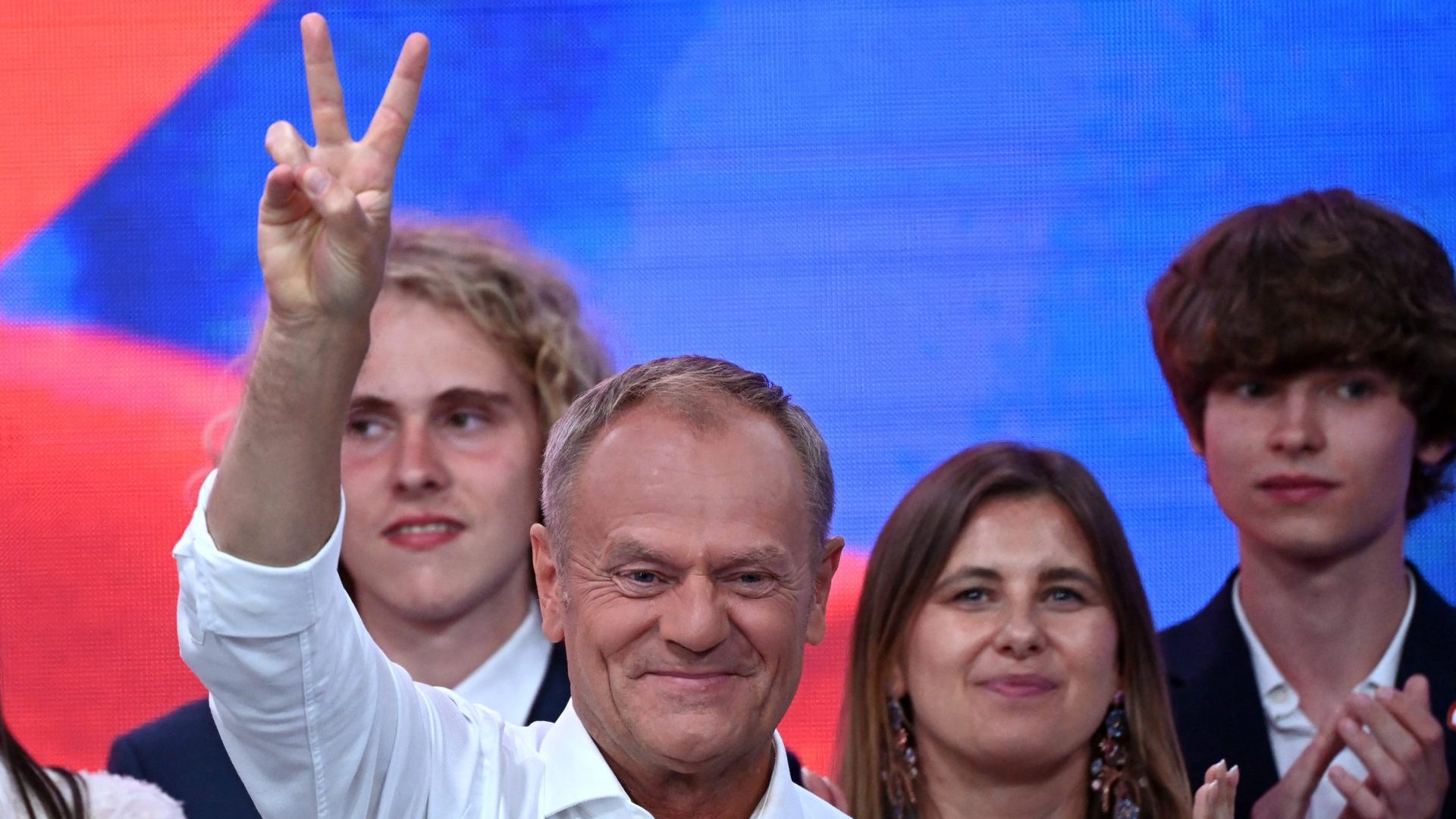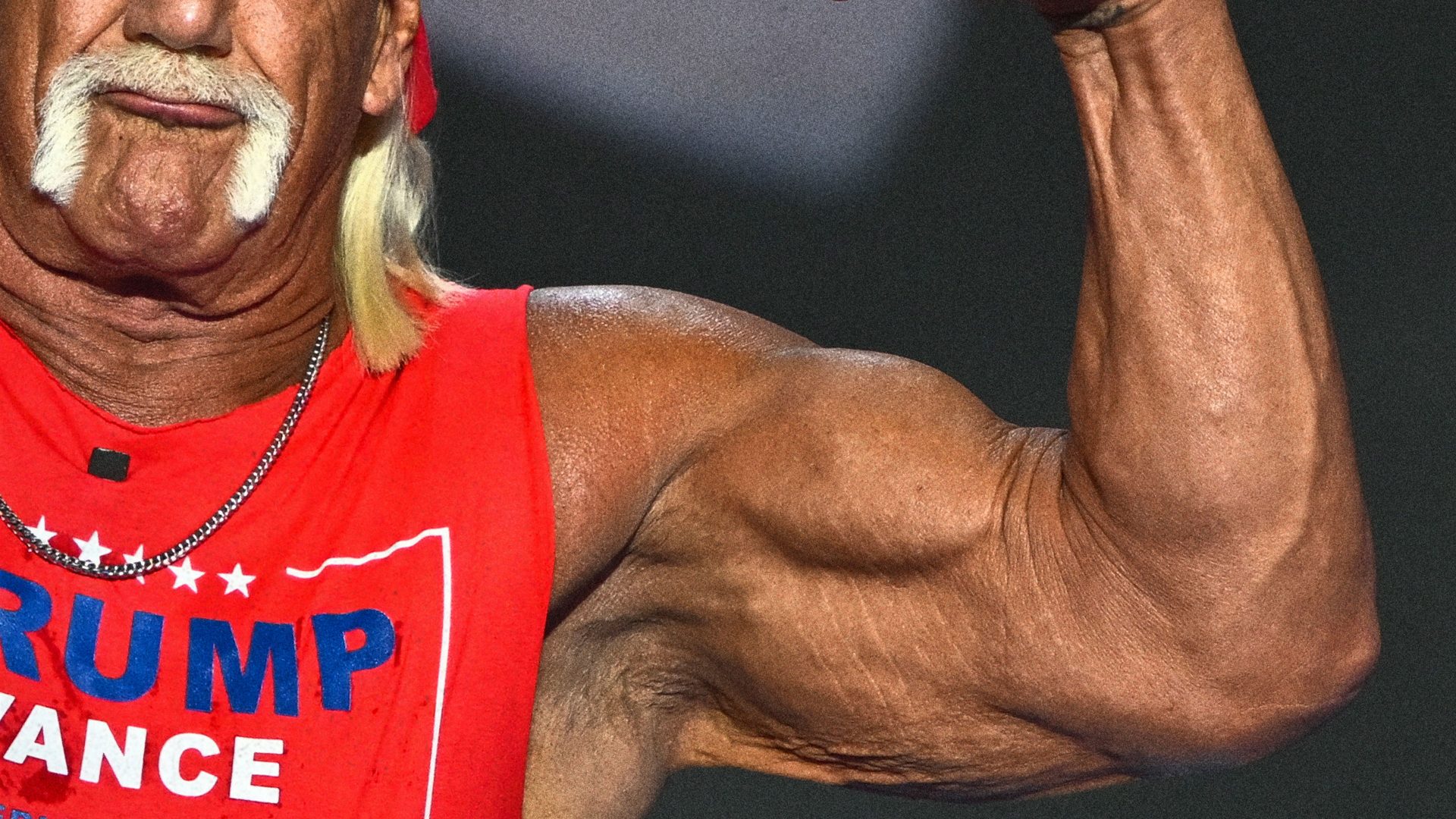She’s back! After what felt like a three-year-silence, infrequently interrupted by less-than-spectacular public appearances, Angela Merkel has made a full return to the limelight.
The former German chancellor, despite spending her first decades in the communist GDR, has genuinely understood the scarcity principle of market economies: low supply and high demand create great value. People were already showing Merkel withdrawal symptoms and so her publishers have attributed a lot of value to the 700 pages of Freiheit (Freedom), Merkel’s memoirs which are out this week.
She will present the English version alongside Barack Obama on December 2 in Washington DC. The London launch on December 4 in the Royal Festival Hall with Katya Adler is already sold out.
Berlin is already in the grip of Merkelmania, aided by the secrecy of the project: reviewers received no advance copies.
What we know about it is gleaned from extracts in weekly magazine Die Zeit and an exclusive interview in“Der Spiegel”
. The book, co-authored by the 70-year-old’s most trusted political advisor Beate Baumann, is carefully structured by Merkel’s “35 years in the East, 35 years in politics, seemingly two lives, but one in reality, and the second half cannot be understood without the first.”
Here’s how she remembers the compulsory Marxism-Leninism course at Leipzig university: “ML classes covered the three categories Dialectical Materialism, Political Economy, and – this was the most unpleasant part of the trio – Scientific Communism. ML students lived near my dorm, the brightest of whom studied Political Economy, while the ones who seemed, from my perspective as a physicist, the least gifted, studied Scientific Communism.
“We assumed they could have been accepted to university with a mere D in mathematics, because besides speculating on when the era of Communism would arrive, they didn’t have much to do. How one could spend an entire degree on that was beyond me. I found it absurd. Since I couldn’t completely hide it, I was once thrown out of an ML lecture on my ears.”
On her early days in politics: “I was often very disturbed by the hostility I received. But Frau Baumann always told me: Think of Helmut Kohl, whom they called ‘pear’ [due to his pear-shaped head]. I’m very grateful I wasn’t encouraged to feel sorry for myself back then.
“Politics isn’t the right field for people who wallow in pity. In general, I believe that if you want to make a career, you can’t be too sensitive.”
Hardly surprising, that feminist signalling wasn’t really her thing: “I didn’t give much thought to the fact that my being a woman would be linked to great symbolism. I was sometimes disappointed by women, too. It’s not my experience that we always show solidarity with each other.”
Regarding her policies, it is safe to assume that the book will be unapologetic, one of Mutti’s strong suits. She has been heavily criticised for what some see as being overly friendly to Russia.
In her memoirs, she recalls the crucial 2008 Nato summit in Bucharest: “I understood the desire of the Central and Eastern European countries to become NATO members as quickly as possible… At the same time, however, NATO and its member states had to consider the potential impacts of each enlargement step on the alliance… The admission of a new member should not only increase that country’s security, but also enhance NATO’s.”
In her view, “it was an illusion to assume that the MAP (membership action plan) status would have protected Ukraine and Georgia from Putin’s aggression, that this status would have had such a deterrent effect that Putin would have accepted the developments without doing anything. Would it have been conceivable at that time, in an emergency, that the NATO member states would have responded militarily – with material and troops – and intervened?”
Vladimir Putin, she experienced “as someone who was always on his guard to avoid being treated badly and always ready to lash out, including power games with dogs and leaving others to wait for him. You could find all this childish, reprehensible, you could shake your head at it. But it didn’t take Russia off the map.”
In her memoirs, Merkel devotes five pages to Brexit – in unusually emotional language:
“After the referendum, I was tormented by whether I should have made even more concessions toward the UK to make it possible for them to remain in the community. I came to the conclusion that, in the face of the political developments taking place at the time within the country, there wouldn’t have been any reasonable way of my preventing the UK’s path out of the European Union as an outsider. Even with the best political will, mistakes of the past could not be undone.”
The former chancellor insists she “tried wherever possible to help David Cameron.” But at an EU summit in February 2016 “my support of him rendered me an outsider with my other colleagues … The impact of the euro crisis was still lingering, and I was also being repeatedly accused of stinginess. … And yet, during the summit, I steadfastly remained by David Cameron’s side for an entire evening. In this way I was able to prevent his complete isolation in the council and eventually move the others to back down. I did this because I knew from various discussions with Cameron that where domestic policy was concerned, he had no room for manoeuvre whatsoever.”
Brexit to her “demonstrated in textbook fashion the consequences that can arise when there’s a miscalculation from the very start”. The result, she writes, “felt like a humiliation, a disgrace for us, the other members of the EU – the United Kingdom was leaving us in the lurch. This changed the European Union in the view of the world; we were weakened.”
Roughly a year later, her first meeting with Donald Trump in March 2017 didn’t go down too well: “When I flew home, I didn’t have a good feeling. From my conversations, I concluded: there would be no joint effort for a connected world with Trump.
“He viewed everything from the perspective of the real estate businessman he had been before politics. A property could only be sold once. If he didn’t get it, someone else would. That’s how he saw the world.
“For him, all countries were in competition with one another, where one’s success was another’s failure. He didn’t believe that cooperation could increase everyone’s prosperity… He was sceptical of all agreements he hadn’t negotiated himself, and he seemed to particularly distrust Germany.”
At least when talking to Spiegel magazine, Merkel also doesn’t hold back on her successor Olaf Scholz – who in a calculated move, recently lost his temper on camera to explain why he kicked out his coalition partner. Merkel’s first thought upon seeing this: “Men!” Taking things too personally is a typical male trait, she says.
Scholz’s outburst wasn’t “a prime example of dignity”, she added, saying that the public might think: “If our chancellor is cutting loose like that, how bad are things really for our country?”
Her general advice is this: “It would be inhumane to always react in a sober and balanced way [as chancellor]. You feel a lot of emotions, but it’s better to shout at the wall in your office than at the German public… I had to leave the anger behind me and make sure I got on with things.”
Which is exactly what Merkel did after leaving office: She sat down to work on the autobiography with her long-time aide Baumann, just the two of them, no book agent involved. They organised a bidding contest for selected publishers, who had to pitch not only a sum but also their promotion ideas.
Two years later, at the start of launch week, I had a déjà vu: Throughout her political career, Merkel was underestimated. It’s happening again.
Even before the launch event on Tuesday in the capital’s Deutsches Theater, notable Berlin bubble members were already carping about Merkel’s memoirs – which they hadn’t read: “She should have used a ghostwriter”, “One can tell writing skills weren’t involved”, “Very much dry Merkel-plus-Baumann style”.
I’m sure the book, which will be sold in more than 30 countries, will be a no-fuss, unflashy, very sober personal account. And one for which Merkel reportedly received a double-digit million advance, which she only has to share with Beate Baumann, no ghostwriter, no journalist or historian.
Smart, some people would say.




